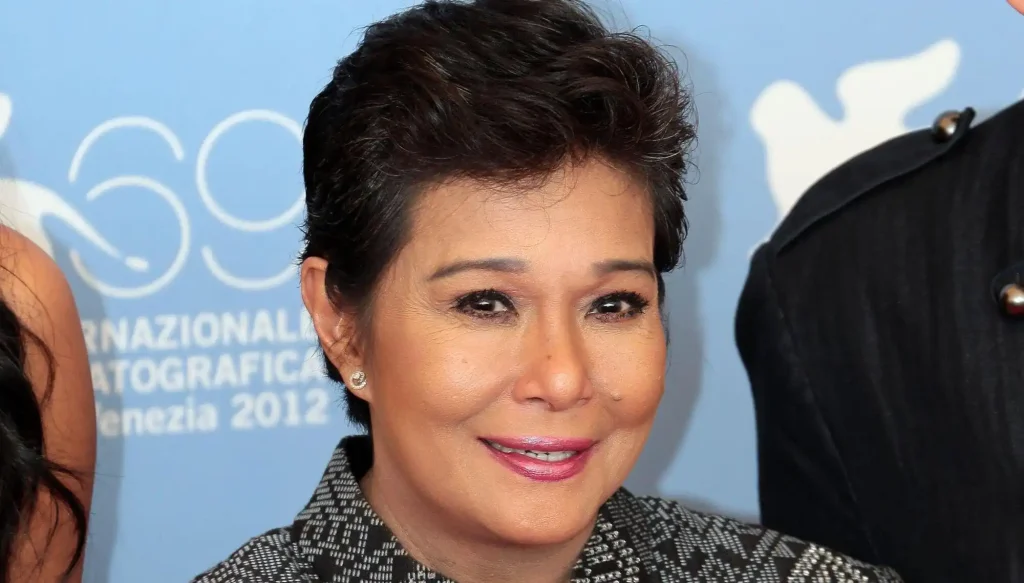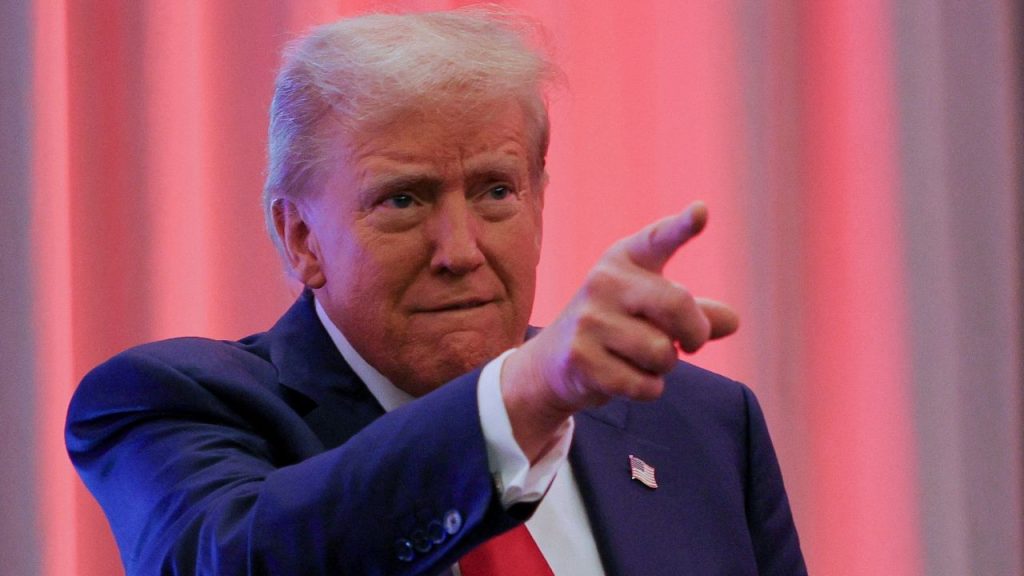The Naira has experienced fluctuations across different foreign exchange markets over the past week, reflecting the Central Bank of Nigeria’s (CBN) ongoing interventions to stabilize the currency. Analysts suggest that while some improvements have been recorded, challenges such as forex liquidity constraints and external reserve depletion continue to impact the currency’s performance.
Naira Strengthens in the Parallel Market, Faces Pressure in Official Market
At the parallel market, the naira appreciated from ₦1,660/$ to ₦1,552/$, a development attributed to improved investor confidence. However, in the official Nigerian foreign exchange market, the naira depreciated by 0.54% week-on-week, settling at ₦1,509.70/$ from ₦1,501.61/$, according to the Meristem weekly report.
CBN’s Forex Interventions and Liquidity Challenges
The CBN’s interventions in the forex market have reportedly slowed due to a decline in external reserves, which stood at $39.09 billion as of Thursday. The reserves have been depleting since January 2024, exacerbating concerns about the bank’s ability to sustain its market interventions.
Aminu Gwadebe, President of the Association of Bureau De Change Operators, expressed optimism about the naira’s appreciation, highlighting key drivers:
- Interbank Proceeds to BDCs—CBN’s directive to release forex to Bureaux de Change (BDCs) has improved liquidity and reduced panic.
- Reduced Dollar Demand from China—The Chinese holiday has temporarily lowered demand for foreign exchange.
- FX Code Implementation – The new regulatory framework has introduced discipline and oversight, reducing market speculation.
- Investor Confidence—CBN’s proactive engagement with stakeholders has helped restore confidence in the system.
Gwadebe noted that market liquidity has improved with an influx of portfolio investments, adding that previous concerns over negative perception and confidence in CBN’s management have subsided.
CBN Clears $7 Billion Forex Backlog to Ease Market Pressure
To further stabilize the forex market, CBN Governor Olayemi Cardoso announced the successful clearance of the $7 billion forex backlog, following a verification exercise by forensic auditors. Speaking at the launch of Nigeria’s Regulatory Policy Framework, Cardoso emphasized that this move would ease repatriation constraints for businesses, multinationals, and foreign investors.
“In addressing foreign exchange liquidity constraints, decisive steps have been taken to clear the outstanding $7bn forex backlog to ensure that businesses, multinationals, corporations, and foreign investors can repatriate funds seamlessly,” Cardoso stated.
Market Outlook: Stability or Further Depreciation?
While the CBN’s actions have momentarily eased pressure on the naira, analysts remain cautious about the long-term outlook.
- Cowry Assets Management Limited projects that the naira will trade within a relatively stable range in the coming weeks, provided there are no major market distortions.
- Comercio Partners, in its 2025 macroeconomic report, predicts a potential drop to ₦1,700/$ by mid-2025, citing structural weaknesses such as reliance on fuel imports and inadequate dollar inflows.
- The firm warned that while short-term stabilizations—like Eurobond issuances and CBN interventions—offer temporary relief, only structural reforms can ensure lasting stability.
Key Challenges for the Naira
- High Dollar Demand—Nigeria’s reliance on fuel imports places sustained pressure on forex demand.
- Weak Export Revenues—The country struggles to generate sufficient dollar inflows through non-oil exports.
- Fragmented Economic Policies – Fiscal policies often misalign with monetary measures, reducing the effectiveness of CBN’s interventions.
- External Economic Shocks—Global economic trends, such as fluctuating crude oil prices and foreign investment patterns, continue to impact the exchange rate.
Conclusion: The Path Forward for Naira Stability
While the CBN’s interventions, improved investor confidence, and policy reforms have provided short-term relief, analysts agree that a holistic, coordinated effort between monetary and fiscal authorities is required for sustained currency appreciation. Without comprehensive economic reforms, the naira will remain vulnerable to external shocks, with potential volatility in the coming months.













